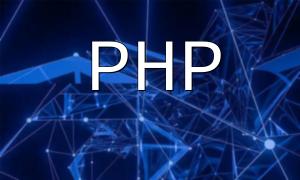PHP Framework Performance Diagnosis and Solutions
Performance issues are common challenges in any PHP framework. This article explains how to diagnose and resolve performance problems in PHP frameworks, along with practical examples for better understanding.
Diagnosing Performance Issues
When diagnosing performance problems in a PHP framework, consider the following methods:
- Use performance analysis tools: Tools like XHProf and Blackfire.io can help identify performance bottlenecks.
- Enable PHP debugging: Set display_errors = On and error_reporting = E_ALL to display errors and warnings, which may indicate performance issues.
- Check logs: Application logs can provide valuable clues about performance problems.
Resolving Performance Issues
Database Optimization
- Create indexes to speed up database queries.
- Use caching to store frequently accessed data.
- Optimize SQL queries to reduce server load.
Caching Strategies
- Use caching solutions like Memcached or Redis to store frequently accessed data.
- Enable view caching to avoid rendering pages repeatedly.
Code Optimization
- Avoid unnecessary database connections and queries.
- Optimize loops and algorithms to reduce execution time.
- Use code analysis tools to identify parts of the code that can be improved for better efficiency.
Practical Example
Slow Laravel Application
- Using XHProf to analyze performance bottlenecks revealed slow database queries as the main issue.
- Creating indexes sped up queries significantly, greatly reducing application load time.
Conclusion
By applying the techniques outlined in this article, you can effectively diagnose and resolve performance issues in PHP frameworks, improving application performance and responsiveness. Continuous monitoring and optimization are key to maintaining long-term performance.









